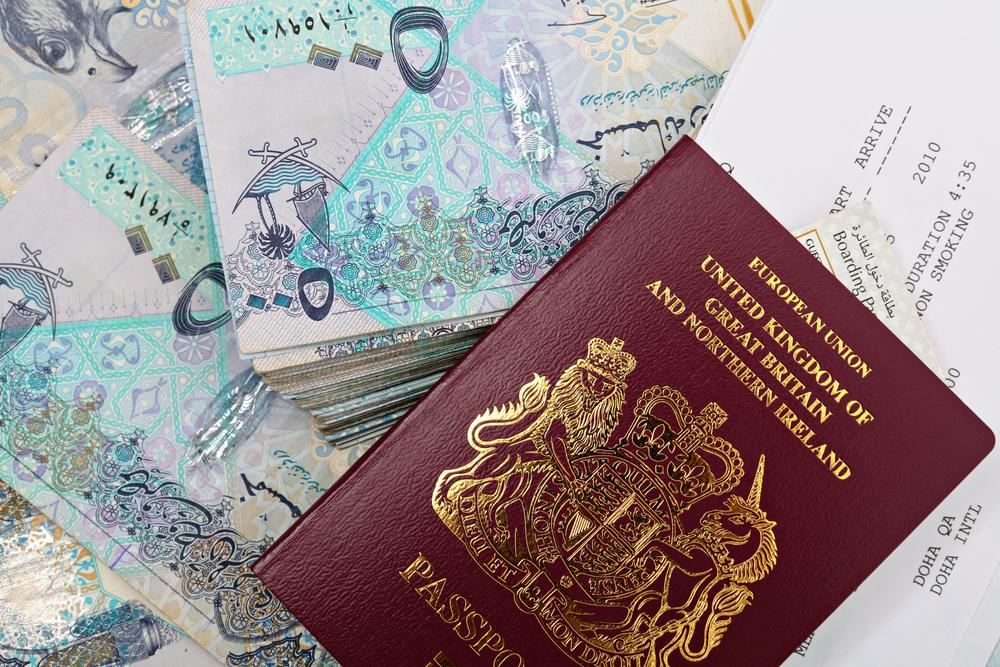Essential Tax Myths Every Expat Should Know to Avoid Costly Mistakes
Navigating international taxation is complex for expats, with many myths leading to costly mistakes. This comprehensive guide clarifies key misconceptions about U.S. tax obligations for expatriates, emphasizing the importance of proper filing, reporting foreign accounts, and understanding expatriate benefits. Learn how to avoid penalties, stay compliant, and maximize available tax benefits as a global traveler or retiree abroad. Whether you’re a digital nomad or have retired fully overseas, staying informed about these critical tax truths helps ensure financial safety and legal compliance worldwide.

Essential Tax Myths Every Expat Should Know to Avoid Costly Mistakes
If you're an expatriate living abroad, navigating the complex world of international taxation can be challenging. Many expats encounter a variety of misconceptions about their tax responsibilities, which can lead to significant financial penalties or legal issues if not properly addressed. Whether you've retired overseas, moved abroad for work, or travel regularly as a digital nomad, a clear understanding of the real tax rules is crucial. This comprehensive guide aims to clarify common tax myths, ensuring that expatriates remain compliant and make the most of available benefits.
Top 5 Myths About Tax Obligations for Expats
Myth 1: U.S. Taxation Is Based Only on Residency
Many expatriates mistakenly believe that if they live outside the U.S., they are no longer subject to IRS regulations. However, U.S. tax law is primarily based on citizenship, not residency. Regardless of where you reside in the world, as a U.S. citizen, you are required to file annual tax returns with the IRS. Fortunately, there are numerous deductions and credits for foreign-earned income that can significantly reduce your taxable income, such as the Foreign Earned Income Exclusion and Foreign Tax Credit.
Related: What Are the Consequences of Not Paying Your Taxes?
Myth 2: Renouncing U.S. Citizenship Ends Tax Obligations
Some believe that giving up citizenship absolves them of U.S. tax responsibilities. In reality, unless you officially expatriate and meet certain conditions, you remain liable for tax filings. With careful planning, such as qualifying for the Foreign Earned Income Exclusion, many expats pay little or no U.S. tax, but filing remains mandatory to maintain compliance.
Myth 3: Small Foreign Bank Accounts Don’t Need to Be Reported
If your foreign bank accounts exceed $10,000 in aggregate at any point during the year, you must report them via the FBAR (Foreign Bank and Financial Accounts Report). Failing to do so can lead to substantial penalties, even if you do not owe taxes on the account balances.
Myth 4: Unfiled Past Tax Returns Can Be Ignored
If you have neglected to file U.S. taxes while living abroad, you may owe back taxes, penalties, and interest. However, the IRS offers streamlined filing programs that help expats catch up without facing harsh penalties, especially if the failure to file was unintentional.
Myth 5: Tax Evasion Is a Viable Long-term Strategy
Trying to hide income or assets in hopes of evading taxes is a dangerous misconception. Tax authorities worldwide, especially the IRS, have sophisticated methods to identify discrepancies. Any attempt at evasion can result in criminal charges, hefty fines, and even imprisonment. Transparency and proper filing are always the safest options.
Stay updated on international tax rules and regulations. Follow us on social media for more insights into expatriate finance, investment strategies, and compliance tips.




